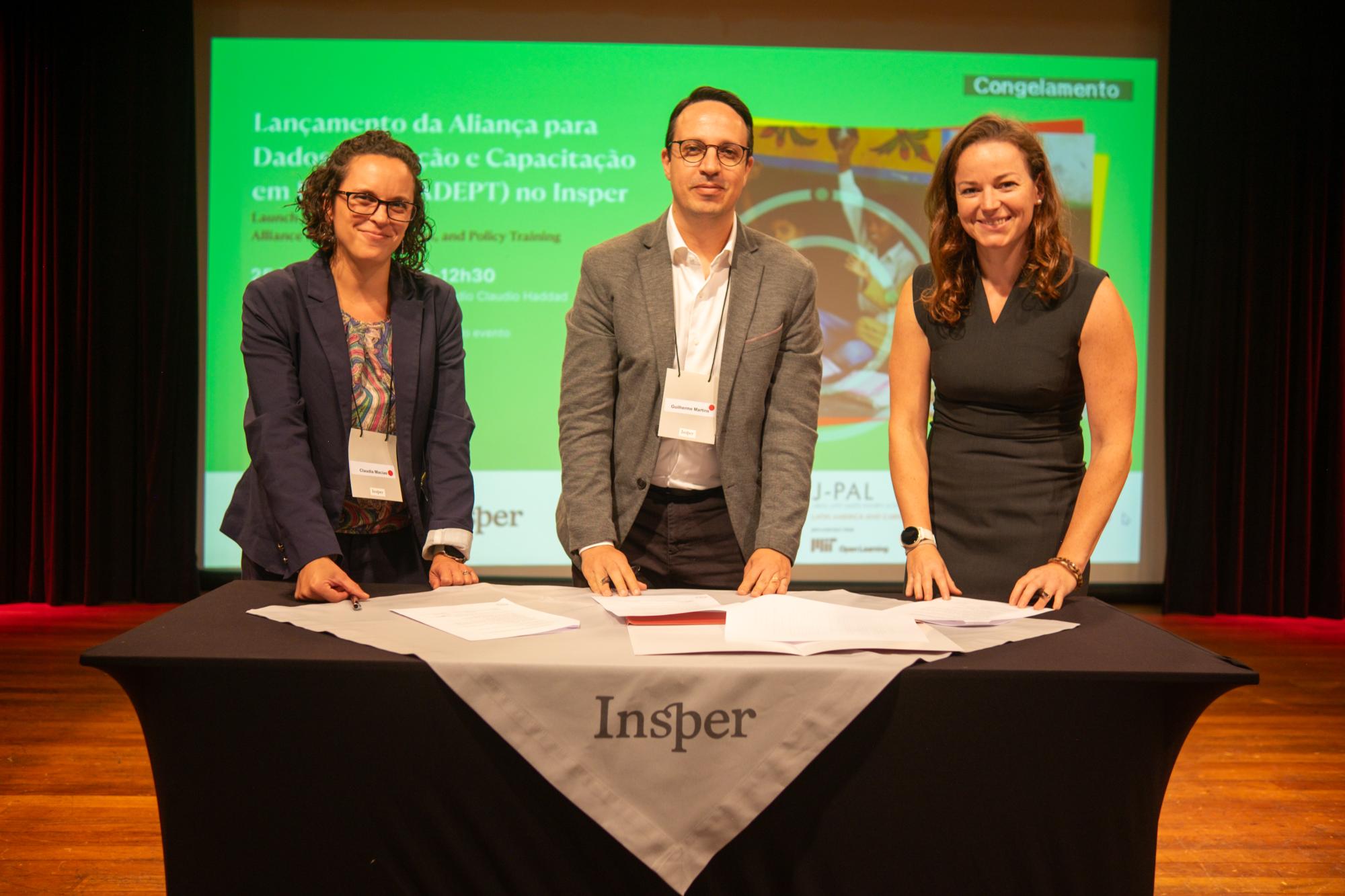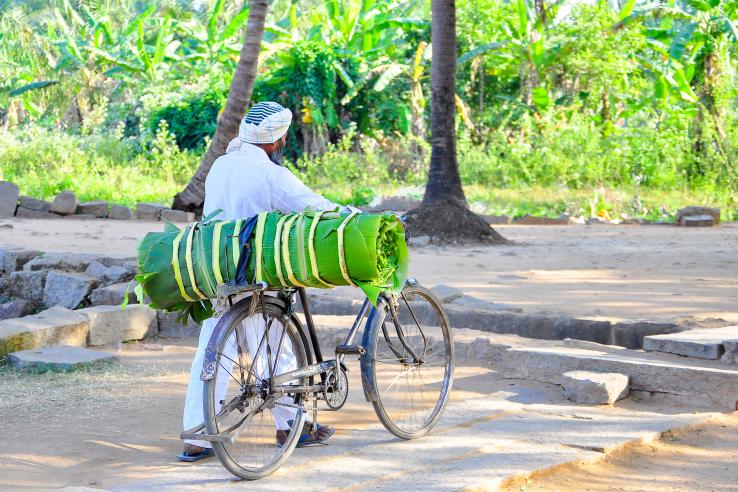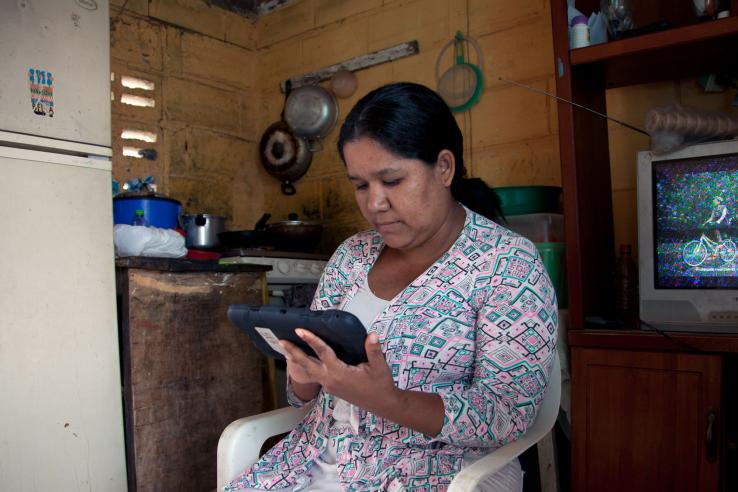Massachusetts Institute of Technology

Launched in 2020, the Data, Economics, and Design of Policy (DEDP) master’s program at MIT is the pioneering example for ADEPT partnerships. As the first master’s degree offered by MIT’s Department of Economics and the Institute’s first program delivered exclusively in a blended format, the program combines rigorous online MicroMasters coursework with an intensive eight-month residential experience on campus. Each year, the program trains a diverse cohort of approximately 20 students from around the world.
The DEDP program uses an inverted admissions model: only learners who complete the DEDP MicroMasters credential are eligible to apply. Admissions decisions are based primarily on academic performance in the online courses, with no requirement for prior degrees or standardized tests such as the GRE or GMAT. This approach has created a new pathway to graduate education for learners from non-traditional backgrounds. To date, the program has graduated over 100 students from 44 countries—84% of whom are international students, and more than half from low- or middle-income countries.
Graduates go on to meaningful careers and further study. Around 75% work with NGOs, multilateral organizations, or government agencies, while 21% pursue PhDs or research roles. Alumni have continued their studies at institutions including MIT, Harvard, Stanford, Oxford, and Princeton.
As the flagship model for ADEPT, MIT’s DEDP program offers a compelling proof of concept: globally informed, scalable, and rooted in open-access learning. ADEPT builds on this foundation to expand access to high-quality education and equip more learners worldwide with the skills to advance evidence-informed policy and development.







